Social Regulation : What it is
Social Regulation: What It Is and How It Affects Our Lives
Social regulation plays a crucial role in shaping our society, determining the norms and rules that govern our behavior, and ensuring a harmonious coexistence among individuals and communities. In this article, we will explore what social regulation is, its various types, and the impact it has on our day-to-day lives.
Introduction to Social Regulation
Social regulation refers to the set of rules, norms, and guidelines that societies establish to govern individuals' behavior and interactions. It encompasses various aspects, including laws, policies, and informal societal expectations. The primary goal of social regulation is to maintain order, promote fairness, and protect the overall well-being of the community.
The Types of Social Regulation
1. Legal Regulations
Legal regulations constitute one of the most identifiable forms of social regulation. They are established by governing bodies, such as local, regional, and national governments, through legislation. Legal regulations cover a wide range of areas, including criminal law, civil law, and administrative law.
For instance, laws against theft, assault, or fraud are essential legal regulations that aim to protect individuals' rights and ensure public safety. Similarly, laws related to employment, health and safety standards, and environmental protection fall under legal regulations.
2. Social Norms and Customs
Besides legal regulations, societies also rely on social norms and customs to regulate behavior. These norms are not necessarily backed by laws but are widely accepted and followed by members of a community. They govern various aspects of social life, including etiquette, manners, and expectations regarding personal conduct.
Examples of social norms include saying "please" and "thank you," holding the door open for others, or respecting personal space. Social norms are often transmitted through socialization, education, and cultural traditions, and they play a crucial role in maintaining social order and promoting cohesion among individuals.
3. Economic Regulations
Economic regulations involve establishing rules and guidelines for economic activities within a society. These regulations aim to ensure fair competition, protect consumers, and prevent monopolistic practices that can harm the economy and society as a whole.
For example, antitrust laws are economic regulations that prohibit anticompetitive behavior and promote fair competition. Consumer protection laws, on the other hand, establish rules to safeguard consumers' rights, prevent fraudulent practices, and ensure product safety and quality standards.
The Impact of Social Regulation
Social regulation has a profound impact on our lives, shaping the way we behave, interact, and experience the world around us. Here are some key ways in which social regulation influences our daily lives:
1. Maintaining Order and Safety
One of the primary functions of social regulation is to maintain order and ensure the safety of individuals and communities. Legal regulations, such as laws against violence or property crimes, play a crucial role in deterring criminal behavior and protecting citizens.
Moreover, regulations related to public health, food safety, and workplace safety help prevent hazards and ensure the well-being of individuals. By establishing frameworks and guidelines for acceptable behavior, social regulation contributes to a secure and stable society.
2. Promoting Fairness and Justice
Social regulation also aims to promote fairness and justice within a society. Legal regulations provide a framework for resolving disputes, protecting individuals' rights, and addressing inequalities. Through the establishment of laws and legal systems, social regulation helps ensure equal treatment, access to justice, and accountability.
Furthermore, economic regulations contribute to maintaining fair competition, preventing exploitation, and protecting vulnerable individuals from unfair business practices. These regulations help create a level playing field and foster economic growth and prosperity.
3. Shaping Social Values and Behavior
Social regulation plays a significant role in shaping social values and influencing individual behavior. By establishing social norms and customs, societies define acceptable and desirable behavior patterns. These norms are transmitted through socialization processes, education, and cultural institutions.
For instance, norms related to politeness, respect, and empathy contribute to the overall social cohesion and harmony. By internalizing these norms, individuals learn how to navigate social interactions and develop strong interpersonal relationships.
FAQs
Here are some frequently asked questions regarding social regulation:
Q: How is social regulation different from individual self-regulation?
A: While social regulation refers to the external rules and norms that govern societies, individual self-regulation pertains to an individual's ability to manage their emotions, behavior, and thoughts. While social regulation provides a framework for acceptable behavior, self-regulation involves individuals regulating their own actions and reactions.
Q: What are the consequences of violating social regulations?
A: The consequences of violating social regulations vary depending on the specific rule or norm being violated and the severity of the violation. In some cases, violations may lead to legal consequences, such as fines, imprisonment, or other legal penalties. In other instances, violating social regulations may result in social ostracism, reputational damage, or exclusion from certain social circles.
Q: How do social regulations evolve?
A: Social regulations can evolve through various mechanisms, such as changes in societal values, technological advancements, and shifts in political and cultural environments. As societies and their needs change over time, social regulations may be revised, updated, or replaced to adapt to new circumstances and address emerging challenges.
Conclusion
Social regulation is an essential aspect of our societal fabric, providing the necessary structure and guidelines for individuals to coexist peacefully. From legal regulations to social norms and economic guidelines, social regulation shapes our behavior, maintains order, and strives for fairness and justice. By understanding the nature and impact of social regulation, we can actively contribute to building a more inclusive and harmonious society.
Disclaimer: The data used in this article has been sourced from various online platforms, and the content has been created using advanced language models. The information provided is for educational purposes only and should not be considered legal or professional advice.
Sources:
Social Regulation Project Takes Off In Two Nunavik Communities
 Image Source : nunatsiaq.com
Image Source : nunatsiaq.com regulation nunavik aileen communities implement mackinnon
Free Printable Zones Of Regulation Poster - Printable Blog
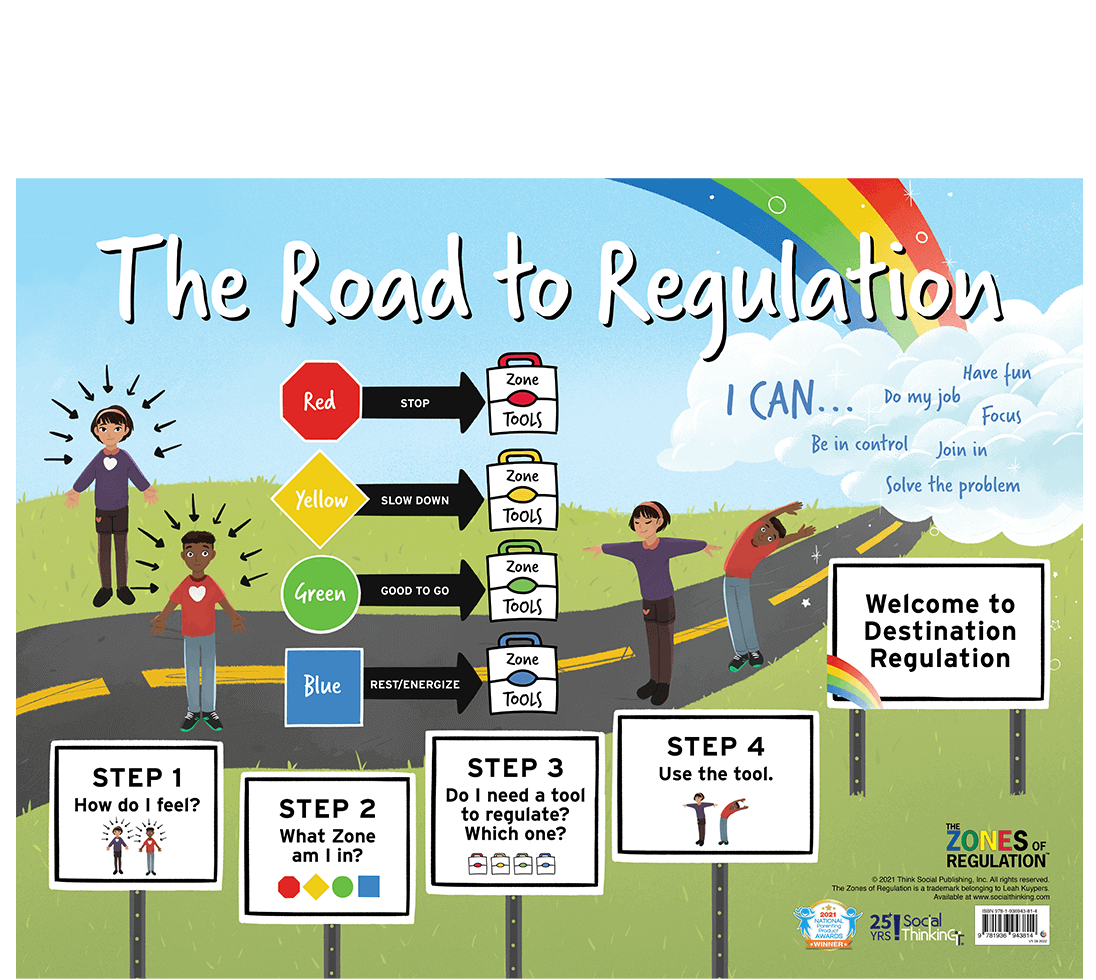 Image Source : printable.my.id
Image Source : printable.my.id FDCPA Compliance Is Critical To An Agency's Success
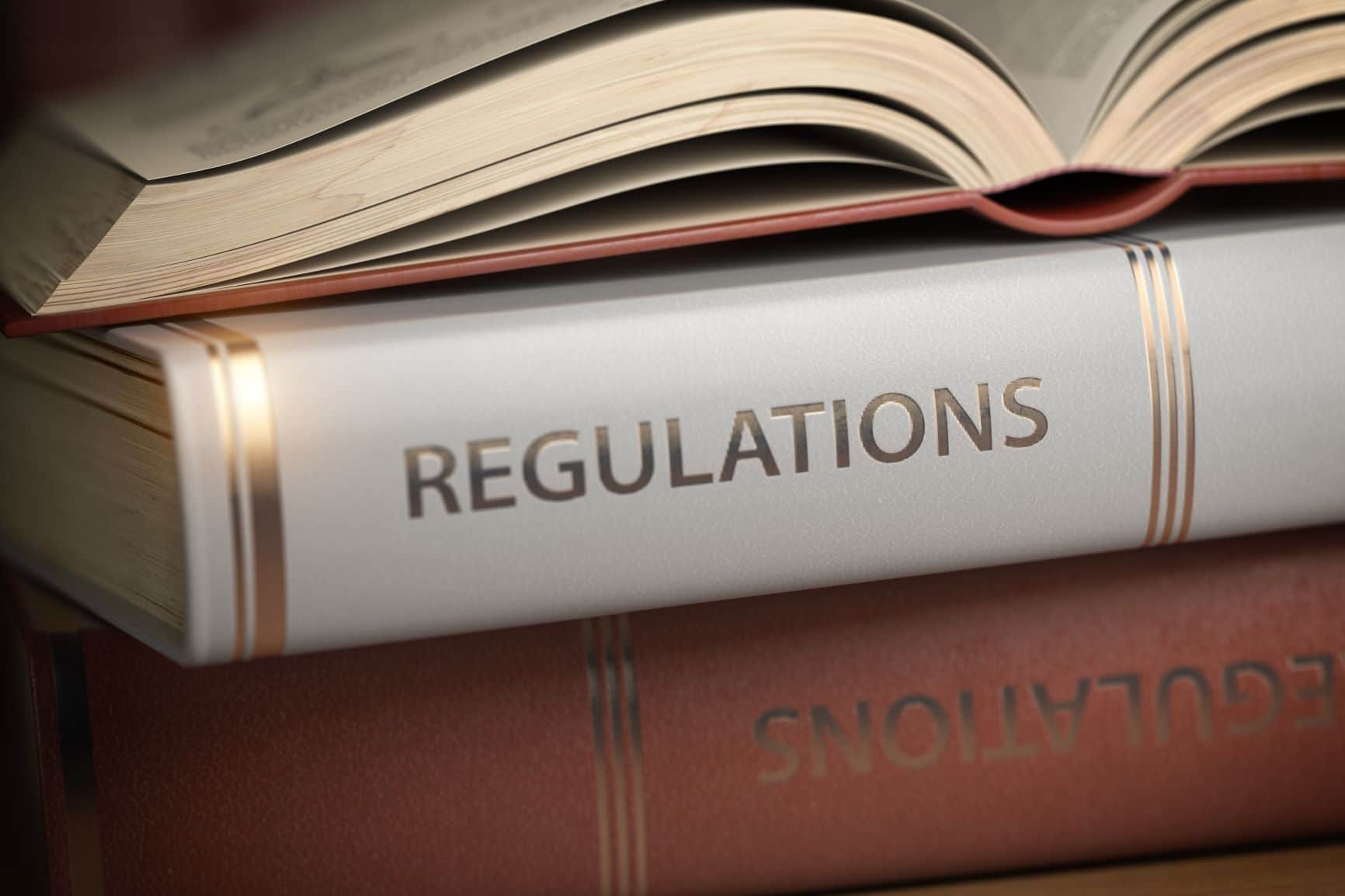 Image Source : mypaymentsavvy.com
Image Source : mypaymentsavvy.com fdcpa compliance
Economic Regulation And Social Regulation, 1
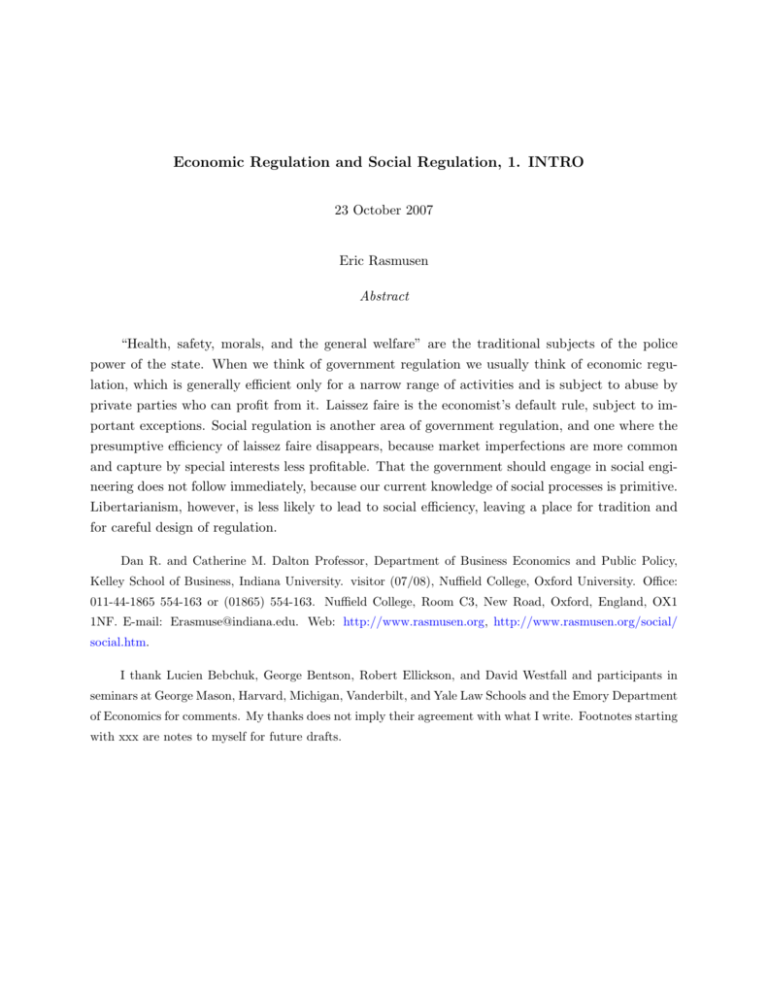 Image Source : studylib.net
Image Source : studylib.net Economic And Social Regulation
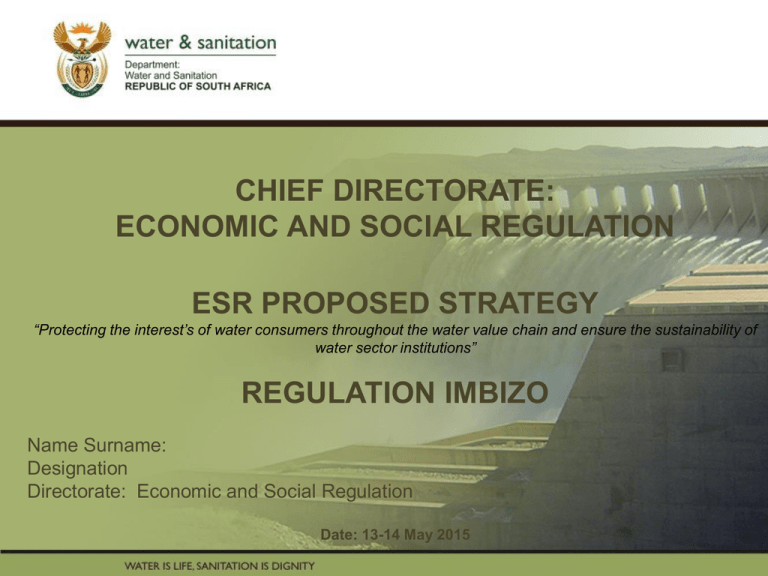 Image Source : studylib.net
Image Source : studylib.net Self- And Social-Regulation: The Development Of Social Interaction
 Image Source : www.amazon.com
Image Source : www.amazon.com social self development regulation executive understanding interaction functions amazon kindle
Social Regulation
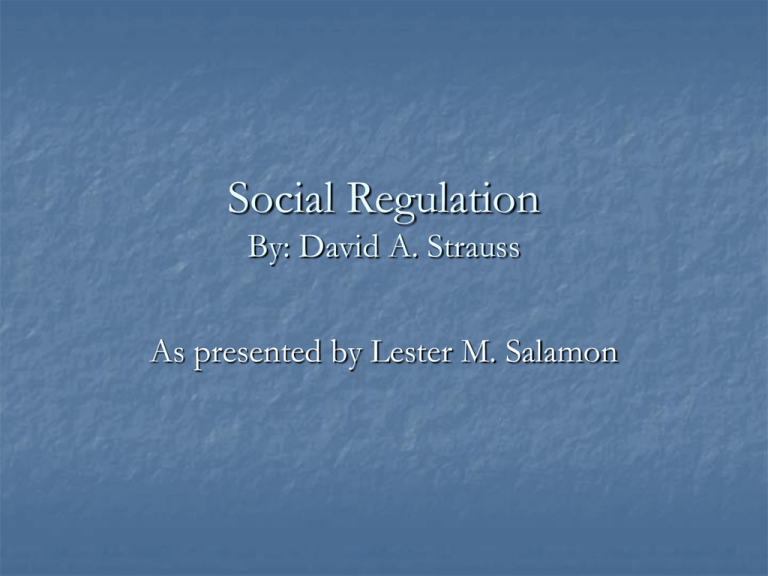 Image Source : studylib.net
Image Source : studylib.net Social Regulation And Its Types
 Image Source : stuklopechat.com
Image Source : stuklopechat.com regulation mechanism
Social regulation project takes off in two nunavik communities. Economic regulation and social regulation, 1. Social regulation. Regulation mechanism. Fdcpa compliance